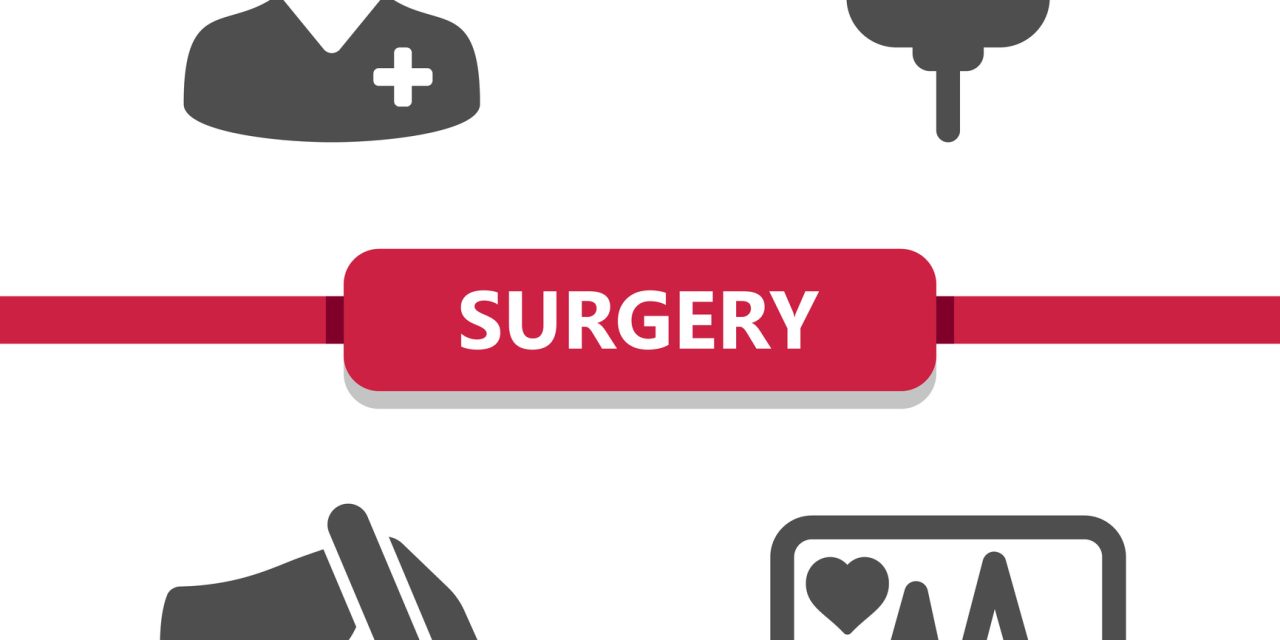This study states that Atypical fibromuscular dysplasia (AFMD), also known as carotid web, is a rare underdiagnosed shelf-like fibrous tissue arising from the posterior carotid artery bulb that is a cause of cryptogenic stroke of the anterior cerebral vascularization. Despite the recurrence and severity of strokes caused by embolization associated with AFMD, there are no recommendations on the best strategy to manage single and bilateral lesions, which have unsatisfactory outcomes when treated with medical treatment exclusively. From January 2016 to April 2019, 365 patients were operated on for a carotid stenosis in our institution. This cohort included 11 patients (3%), with a median age of 41 years (range, 39-51 years), referred by a stroke unit, treated for a symptomatic (10 strokes and 1 recurrent transient ischemic attack) AFMD lesion. Preoperative workup revealed a contralateral similar lesion in 45% of patients (5/11), which all also underwent surgery during a subsequent hospitalization. The diagnosis was confirmed by histologic examination when open surgery was performed. The 30-day and 1-year outcomes were retrospectively reviewed.
Of the 16 AFMD lesions operated, 13 were treated by open surgery (2 by classic endarterectomy and 11 by internal carotid resection-anastomosis) and 3 by carotid artery stenting, respectively, with a mean delay of 85.5 days and 20.5 days after the latest stroke.
Reference link- https://www.jvascsurg.org/article/S0741-5214(20)31919-4/fulltext


